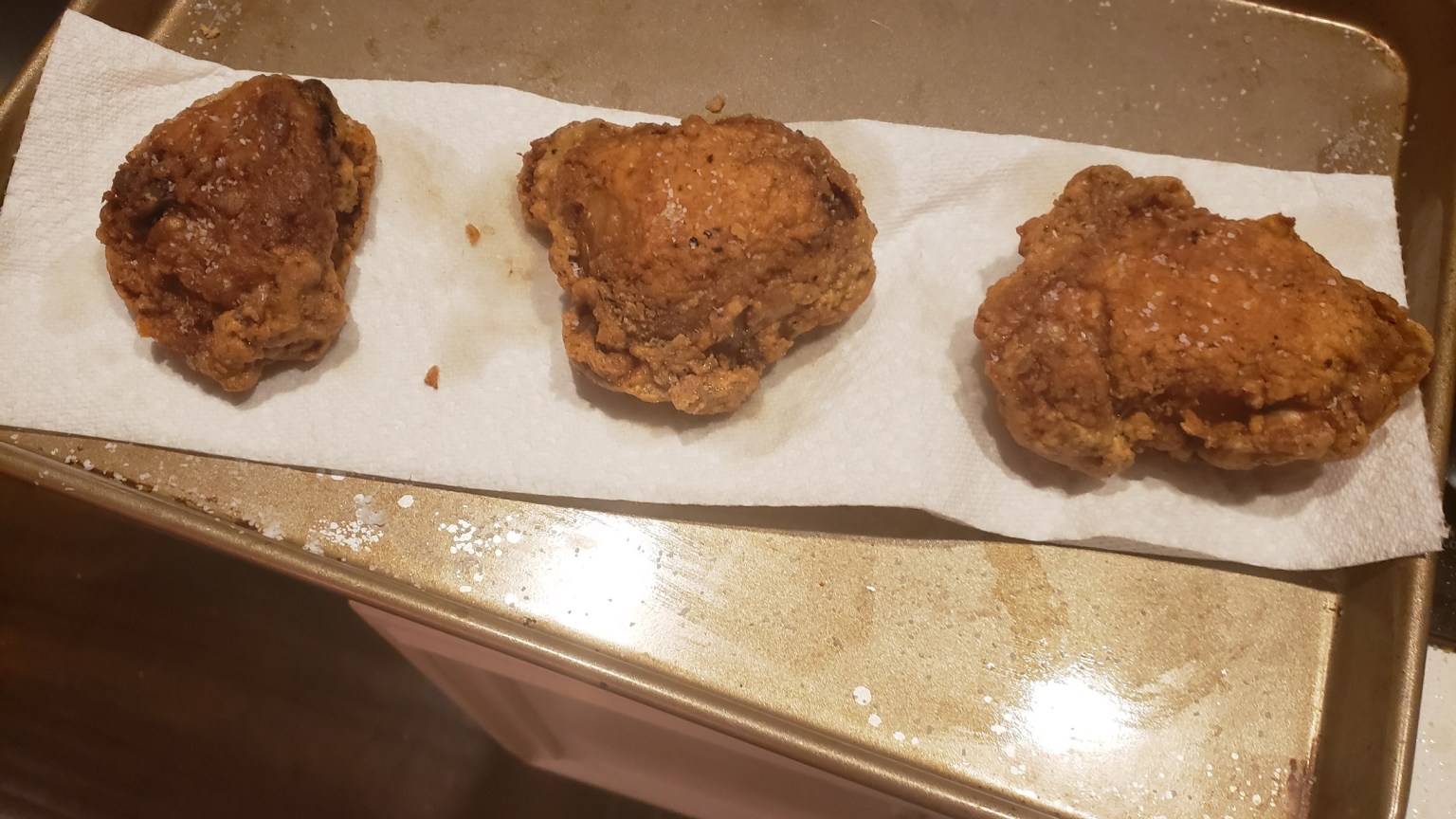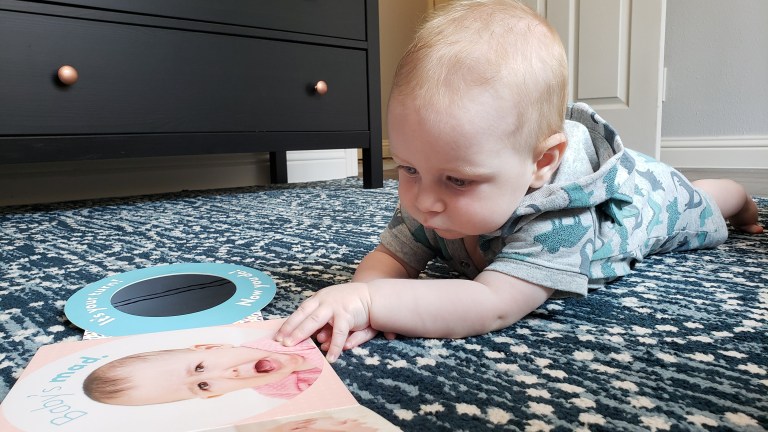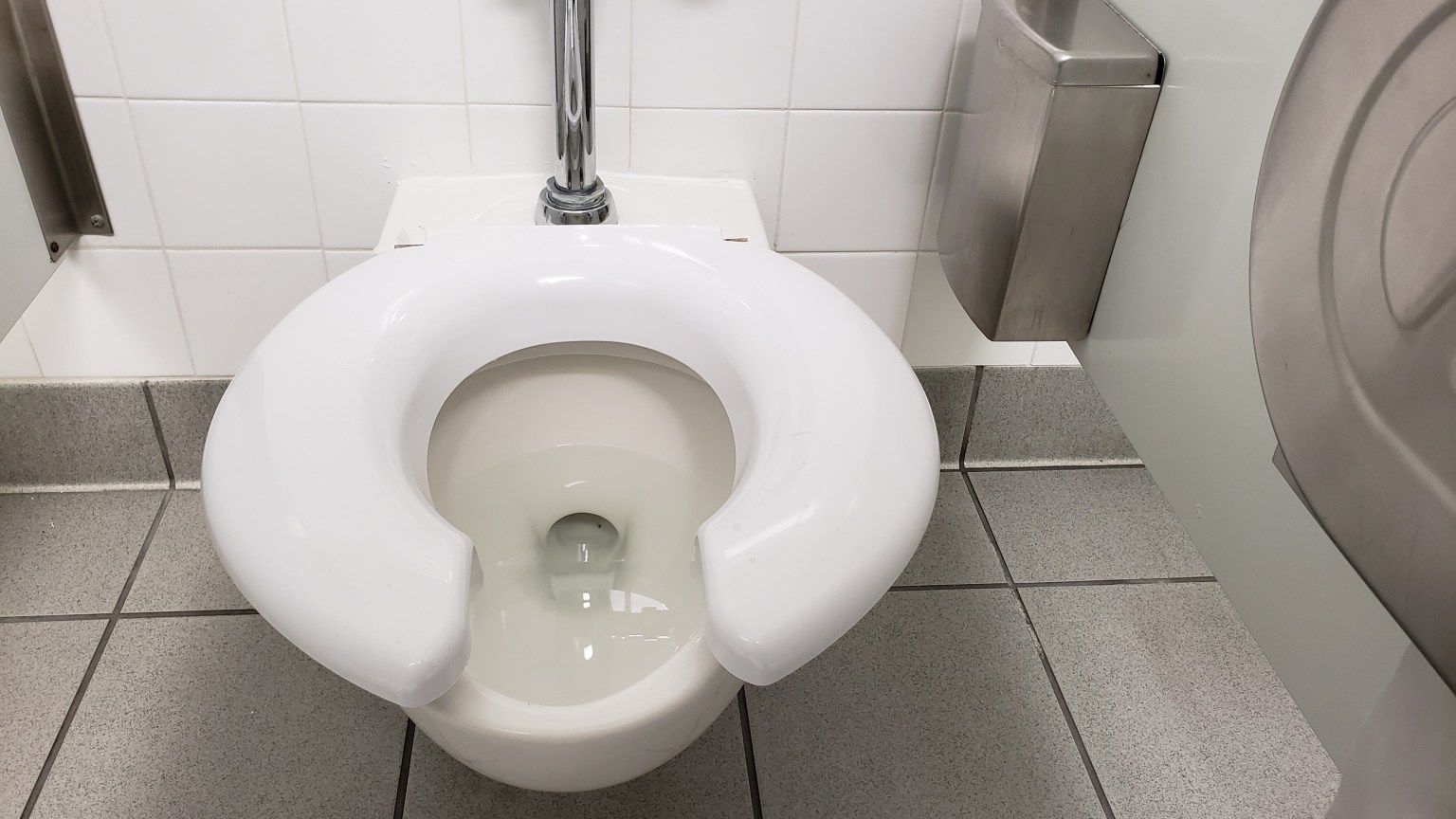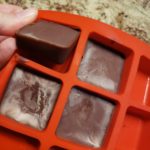When I'm working with kids to help them develop better toileting mechanics, I often end up singing. We'll be in the bathroom, they're on the toilet, and I'm sitting on the floor in front of them, coaching them through (sometimes, I have such a glamorous job). From outside the bathroom, someone passing by might think we're singing just for fun. But all of us inside the bathroom know there is purpose to it.
There are so many things that should be a part of someone's toileting routine.
But red-faced, breath-holding, white-knuckled straining is most definitely not one of those things.
Good habits are hard to instill. Bad habits die hard. But this is the name of the game when it comes to re-teaching a child how to poop better. Breathing is another one of those habits.
Many times, a child that has constipation will find ways to compensate for the difficulty they have getting poop out. These compensatory mechanics are often dysfunctional, work against the actual end goal of defecation, and sometimes make me giggle internally. I once had a kiddo demonstrate a standing sort of dance as his way of getting poop out before quickly sitting to get it into the toilet – nothing really surprises me anymore. Kids develop ways to try to get their poop out. They grip the toilet seat. They take a big breath and grunt. Their face is red. Their whole-body tremors with their attempt. Ultimately – their whole body is in 'lock down' mode.
"Lock down" mode, does not provide a great environment for poop to evacuate the body.
Our vocal folds, diaphragm, and pelvic floor, all work together to help us manage pressure in our belly. In order to yell, cough, or sneeze, there has to be pressure in our belly. Our pelvic floor stays closed tight to keep us dry when this happens, and the air pressure leaves through our mouth. But what would happen if it didn't, and our mouth stayed locked tight? Something pretty terrible, I would guess. With that much pressure inside, and no way to escape, something would have to give.
The same is true the other way around. If we lock our mouth shut tight, and generate pressure in our belly to try to push poop out, but don't let it out (by keeping our pelvic floor shut tight), something is bound to happen – or at the very least, no poop comes out. (Check out what a rectal prolapse is. There are many degrees and variation of what this can look like, but this is one common symptom of chronic, straining to try to poop – the thing that "gives" when all that pressure builds up, can sometimes be your anus and rectum itself. But please know, yes, a prolapse can be frightening, but the first step to treating it is not to work to keep it in, but rather to ensure they are using appropriate mechanics to have a bowel movement. Otherwise, the corrected prolapse will just continue to return because of the straining).
So, what is the fix to helping your kiddo keep their pelvic floor open without holding their breath?
Open your vocal folds, and your pelvic floor will follow suit.
The goal is to generate pressure in your belly, and to bulge down – all while allowing the rest of your body (pelvic floor and vocal folds included!) – to stay relaxed. Many times midwives will instruct a birthing mama to open her mouth or sing a low note – this is the same concept.
When I'm working with kiddos in the bathroom, we'll have singing contests (though while we stay quiet and calm), count out loud together, hum, or pretend we're (slowly) blowing bubbles. All of these give the same effect. The hard part is keeping them continuing to generate pressure in their bellies to be able to gently encourage the poop out and to start the process of peristalsis – this is where other parts of therapy can be extraordinarily helpful.
It takes practice. Just like building a new habit – because that's what this is. In the past, their body has used one (counter-effective) habit to try to get poop out. Now, you're trying to completely change that – so it will take time.
How does your child try to get poop out? Are they grunting? Red in the face? Gripping onto the toilet for dear life? Are they out of breath, or shaking because their effort is so high? How can you help them relax and keep their body calm through the process, instead of getting so worked up?
Related Posts










